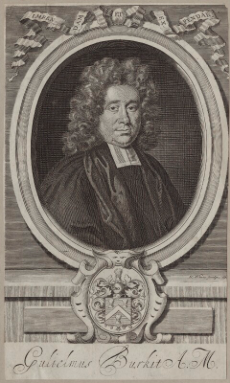
For the past few years during Advent or on Christmas day, I have been in the habit of reading and reflecting on Augustine’s famous sermon on the Feast of the Nativity, in which this immensely profound passage on Christ’s Incarnation can be found. For Christmastide this year, we reflect on a similar passage from Hilary of Poitiers (c. 300–368) in his De Trinitate, II.24-25, on how the Incarnation and Christ’s life on earth – from Virgin birth to descensus ad inferos – was for our benefit and salvation:
The Virgin, the birth, the Body, then the Cross, the death, [the descent into] hell; these things are our salvation. For the sake of mankind the Son of God was born of the Virgin and of the Holy Ghost. In this process He ministered to Himself; by His own power—the power of God—which overshadowed her, He sowed the beginning of His Body, and entered on the first stage of His life in the flesh. He did it that by His Incarnation He might take to Himself from the Virgin the fleshly nature, and that through this commingling there might come into being a hallowed Body of all humanity; that so through that Body which He was pleased to assume all mankind might be hid in Him, and He in return, through His unseen existence, be reproduced in all. Thus the invisible Image of God scorned not the shame which marks the beginnings of human life, and, by his conception, birth, wailing, and cradle, he passed through all the successive humiliations of our nature.
What worthy return can we make for so great a condescension? The One Only-begotten God, ineffably born of God, entered the holy Virgin’s womb and grew and took the frame of poor humanity. He Who contains everything, within Whom and through Whom are all things, was brought forth by common childbirth; He at Whose voice Archangels and Angels tremble, and heaven and earth and all the elements of this world are melted, was heard in childish wailing. The Invisible and Incomprehensible, Whom sight and feeling and touch cannot gauge, was wrapped in a cradle. If any man deem all this unworthy of God, then the less such condescension befits the majesty of God, the greater must he own his debt for the benefit conferred. He by Whom man was made had nothing to gain by becoming Man; it was our gain that God was incarnate and dwelt among us, making all flesh His home by taking upon Him the flesh of One. His humiliation is our exaltation; his shame is our honour. He, being God, made flesh His residence, and we in return are lifted anew from the flesh to God.

